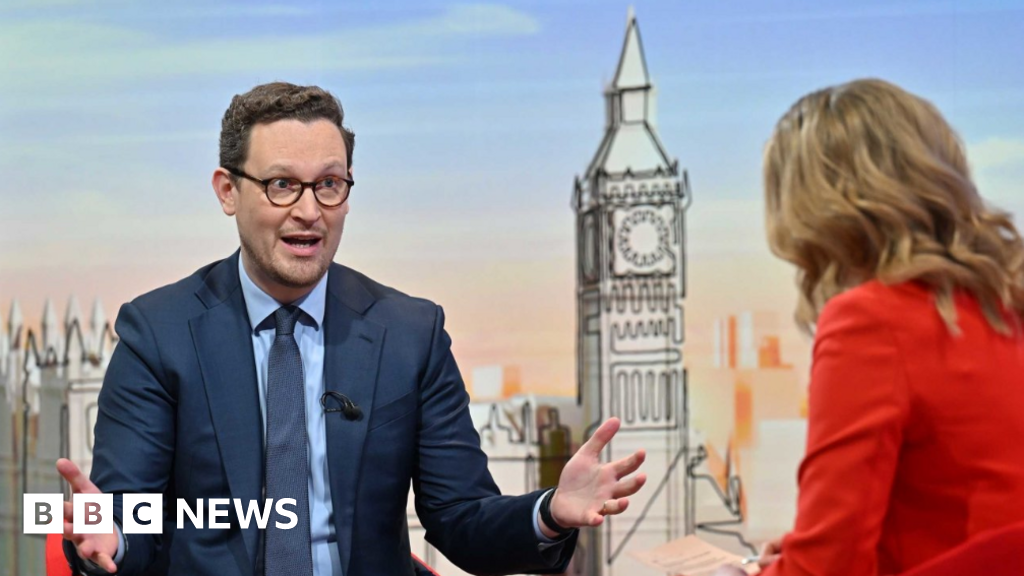ARTICLE AD BOX
 Image source, Getty Images
Image source, Getty Images
By Michael Race
Business reporter, BBC News
Energy suppliers have been warned they should retain profits rather than pay out returns to shareholders, to ensure firms can weather future price shocks.
Regulator Ofgem said firms "must learn the lessons of the energy crisis", adding "a return to the practices we saw before isn't on the table".
Some 30 suppliers have gone bust since energy prices started to rise in 2021.
Higher wholesale gas prices, driven by Russia's invasion of Ukraine, made price deals to customers undeliverable.
The biggest supplier to go bust was Bulb, which had 1.6 million customers. It was bailed out by taxpayers to the tune of about £3.8bn and has since been taken over by Octopus Energy.
Households have seen their gas and electricity bills soar, but prices are starting to fall, with the bills for using a typical amount of energy to be £2,074 a year on average.
However, despite a drop of £426 per year, bills are much higher than before the Covid pandemic.
The reduction in wholesale gas prices means domestic suppliers are expected to return to profit after five years of losses.
While companies such as Shell and BP have made record profits in recent years from oil and gas extraction, the two firms - along with other smaller domestic energy suppliers - have been making much less, often inducing losses, for selling that energy to households.
Jonathan Brearley, chief executive of Ofgem, warned firms that he expected "no return to paying out dividends" until suppliers had met the regulator's financial stability requirements, which are aimed at preventing a repeat of mass company collapses.
In an open letter to the bosses of energy suppliers, Mr Brearley said an energy industry where companies can make "a reasonable profit" was important to "create a sustainable and competitive market for consumers".
"However, a return to the practices we saw before the energy crisis isn't on the table - suppliers must reciprocate the support the sector was given by consumers and taxpayers when wholesale prices increased by behaving responsibly as prices fall and profits return," he added.
The Ofgem boss also warned that this winter, if prices remain as forecast, it is likely "a large group of customers will struggle to pay their bills, so the sector will need to be fully focussed on how best to support customers in financial distress".
'Firms need to play their part'
Since 2019, Ofgem has set a price cap on energy bills, which is the maximum price that suppliers can charge customers per unit of gas and electricity. It applies to households on variable or default tariffs in England, Wales and Scotland.
After the price cap soared, the government stepped in with the Energy Price Guarantee which limited annual bills to £2,500, but that has since ended now the cap is £2,074.
Last week, Chancellor Jeremy Hunt met with several regulators, including Ofgem and told them they needed to "work at pace" to ensure businesses reflected any falling costs in the prices they charged customers.
Mr Brearley said firms needed to "play their part by making sure they're financially robust" in order to "absorb potential losses".
He said while he was "observing some good practice" the regulator was also finding evidence that some suppliers may have "breached" pricing rules. "We are investigating further and will take action if we find abuse," Mr Brearley warned.

 1 year ago
22
1 year ago
22








 English (US) ·
English (US) ·